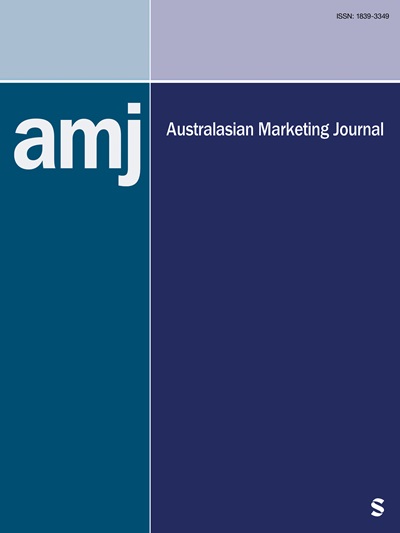Share or Not Share Knowledge: Posters Versus Lurkers in Organisational Online Knowledge Sharing and Internal Marketing
IF 3.8
Q2 BUSINESS
引用次数: 0
Abstract
Employees should be treated as internal customers to motivate and engage in online knowledge sharing, which is the backbone of organisational competitiveness. Online knowledge sharing helps organisations survive fierce competition for the capability of facilitating the transfer of individual knowledge to organisational capital and decreasing redundant learning time. However, the majority of online participants, known as lurkers, just read the knowledge shared without contributing themselves. Based on Social Exchange Theory, this study focused on the determinants of lurkers and posters, especially in the organisational context. This study collected 792 responses from employees in Vietnamese organisations. Results show that knowledge self-efficacy and perceived ease of use are two strong determinants of knowledge sharing reciprocity and job performance. Additionally, knowledge sharing reciprocity is the critical determinant of posters’ and lurkers’ job performance. Knowledge sharing reciprocity mediates the impact of knowledge self-efficacy, perceived ease of use and organisational rewards on job performance for both poster and lurker groups.分享或不分享知识:组织在线知识共享和内部营销中的海报vs潜伏者
应将员工视为内部客户,激励和参与在线知识共享,这是组织竞争力的支柱。在线知识共享有助于组织在激烈的竞争中生存下来,因为它能够促进个人知识转化为组织资本,并减少冗余学习时间。然而,大多数在线参与者,被称为潜伏者,只是阅读分享的知识,而不贡献自己的力量。基于社会交换理论,本研究主要关注潜伏者和招贴者的决定因素,特别是在组织背景下。本研究收集了越南组织中792名员工的回复。结果表明,知识自我效能感和感知易用性是知识共享互惠和工作绩效的重要决定因素。此外,知识共享的互惠性是海报和潜伏者工作绩效的关键决定因素。知识共享互惠在知识自我效能、感知易用性和组织奖励对海报组和潜伏组工作绩效的影响中起中介作用。
本文章由计算机程序翻译,如有差异,请以英文原文为准。
求助全文
约1分钟内获得全文
求助全文
来源期刊

Australasian Marketing Journal
BUSINESS-
CiteScore
14.90
自引率
16.70%
发文量
25
期刊介绍:
The Australasian Marketing Journal (AMJ) is the official journal of the Australian and New Zealand Marketing Academy (ANZMAC). It is an academic journal for the dissemination of leading studies in marketing, for researchers, students, educators, scholars, and practitioners. The objective of the AMJ is to publish articles that enrich and contribute to the advancement of the discipline and the practice of marketing. Therefore, manuscripts accepted for publication will be theoretically sound, offer significant research findings and insights, and suggest meaningful implications and recommendations. Articles reporting original empirical research should include defensible methodology and findings consistent with rigorous academic standards.
 求助内容:
求助内容: 应助结果提醒方式:
应助结果提醒方式:


